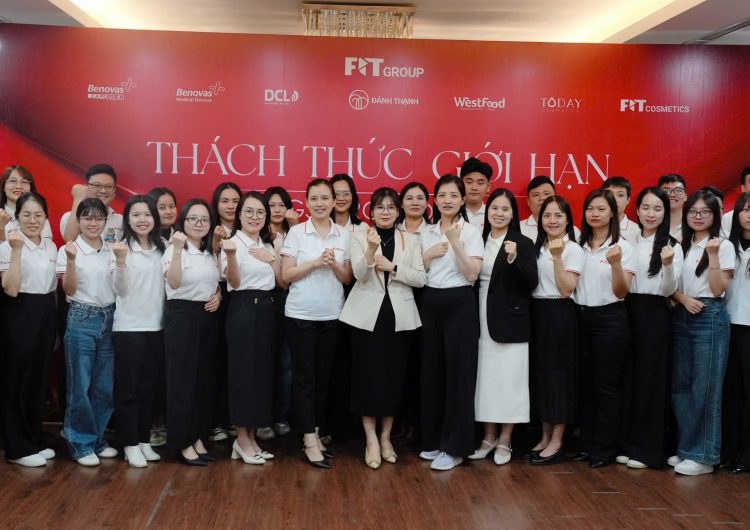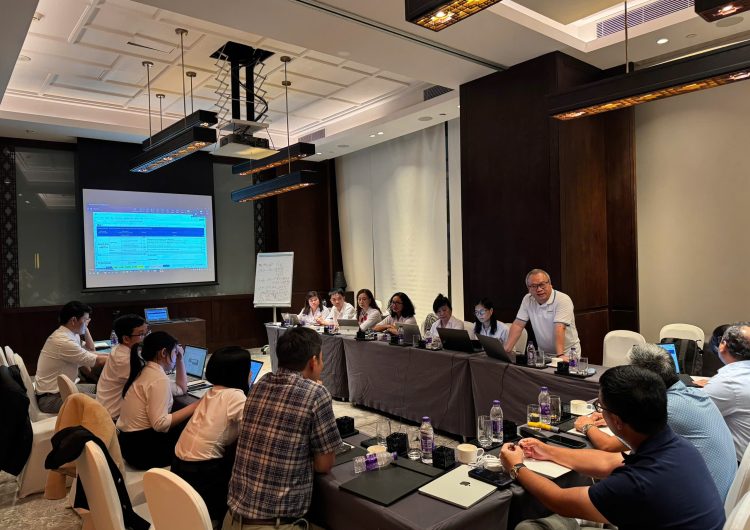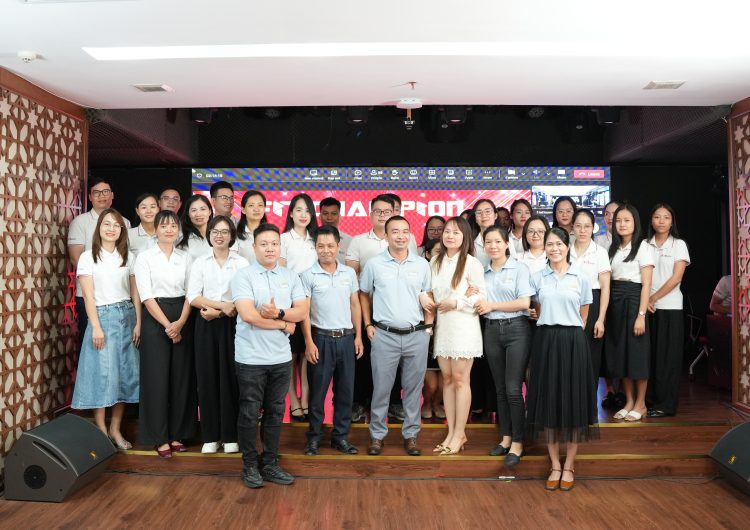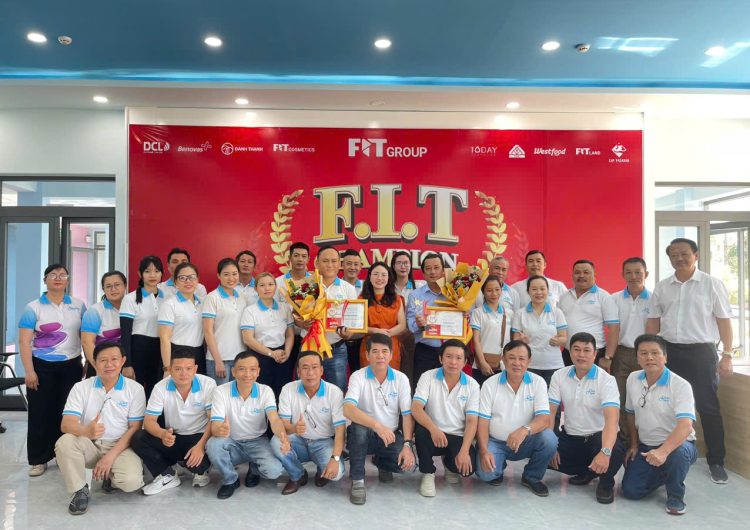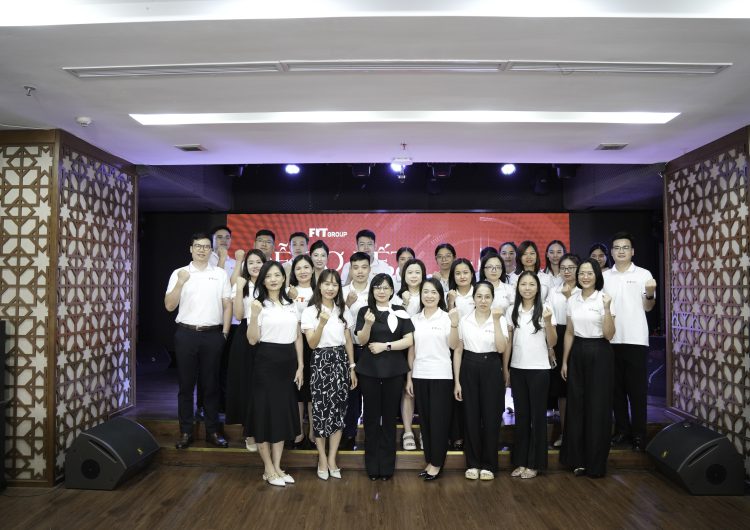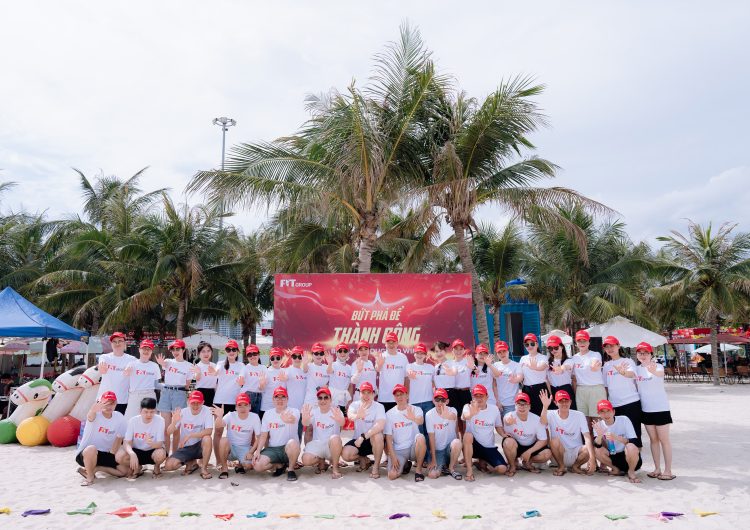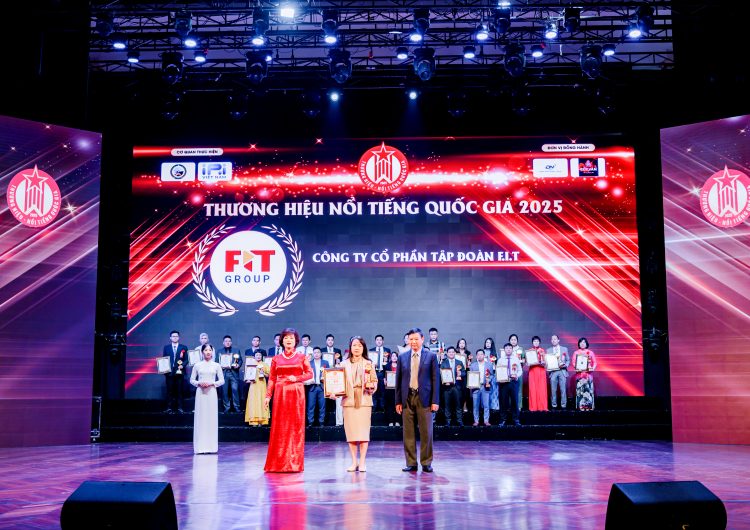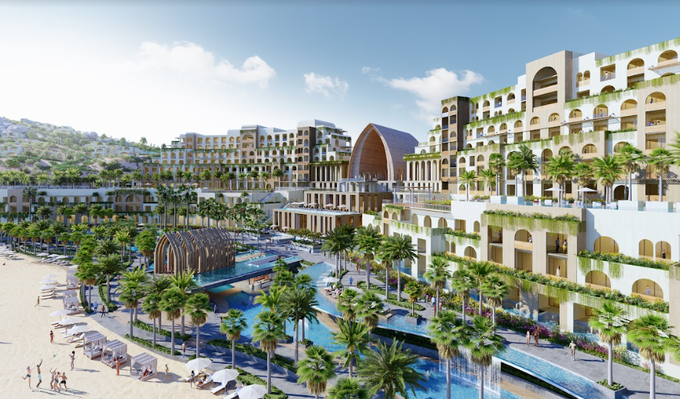
After a period of research and consideration among options, on July 29, 2023, the General Meeting of Shareholders of F.I.T Real Estate Investment Joint Stock Company (F.I.T Land) officially approved the divestment of its entire stake in Cap Padaran Mui Dinh Real Estate Joint Stock Company. On September 9, 2023, the transfer procedures were officially completed. This means that the F.I.T Group has officially exited the Cap Paradan Mui Dinh project in Ninh Thuan.
This timely decision comes in a context where the resort real estate market, though showing signs of recovery post-Covid-19, will still take several years to address significant macroeconomic issues such as: An oversupplied market with demand lagging, prolonged legal challenges, increasing development costs due to rising input costs in the next phase, and anticipated changes in major laws such as the Land Law amendment, the Real Estate Business Law amendment, and the Bidding Law amendment.
The decision to reassess overall resources and long-term strategic vision before proceeding with the next phase of the Cap Padaran Mui Dinh project has been seriously and candidly discussed by the group’s leadership over the past period. The economic recession will directly impact large resort projects – the model applied at Cap Padaran Mui Dinh. Pursuing the project might waste time, money, and even directly affect other resources. After professional analysis and keen business insight, the leadership and senior real estate consultants unanimously agreed to officially withdraw from the Cap Padaran Mui Dinh mega-project.
This decision does not mean that the F.I.T Group, and specifically F.I.T Land, will cease investing in real estate. On the contrary, it’s a strategic pivot, opening up a different direction as F.I.T Group focuses on mid to high-end real estate projects that are practical, technologically advanced, and align with new consumption trends.
Commenting on this strategic shift, Chairman Nguyen Van Sang shared: “F.I.T Group traditionally focuses on production and business. Tourism development is the first real estate sector we’ve ventured into, with the principle of building solid foundations instead of rapid and broad expansion. Hence, we need to be more cautious in investments, ensuring clear and sustainable capital sources, avoiding pressure on borrowed capital and liquidity. Halting the Cap Pardaran Mui Dinh mega-project aligns with our direction. We’re not looking to overheat in the real estate segment but to invest segment by segment and focus on doing the best possible. The ultimate goal is to combine corporate profit with sharing social and community values. Thus, we won’t rush for profit, deviating from the core principles that have been aiding the group’s growth over the past 16 years.”
